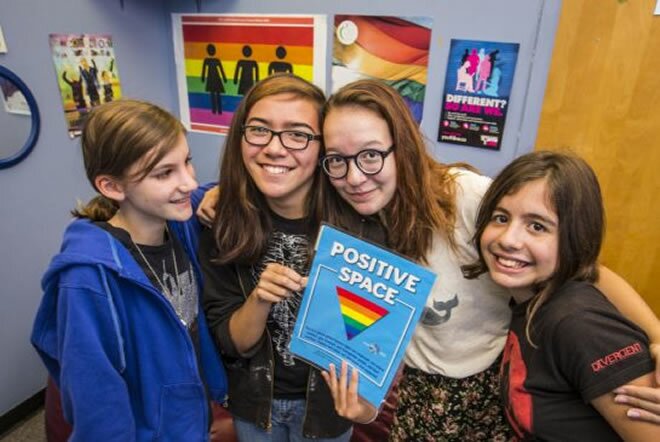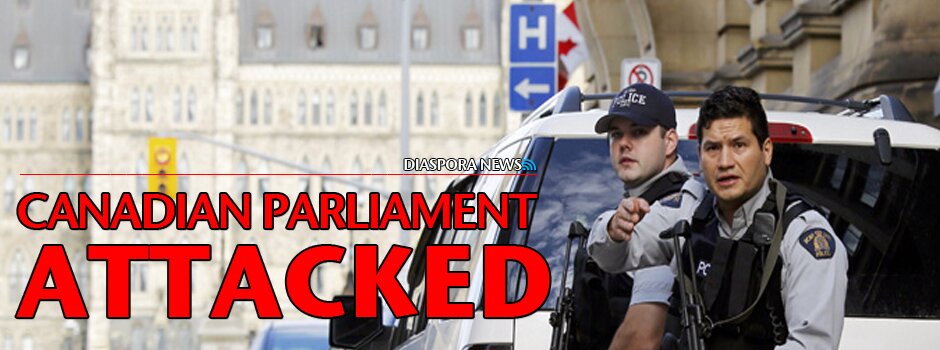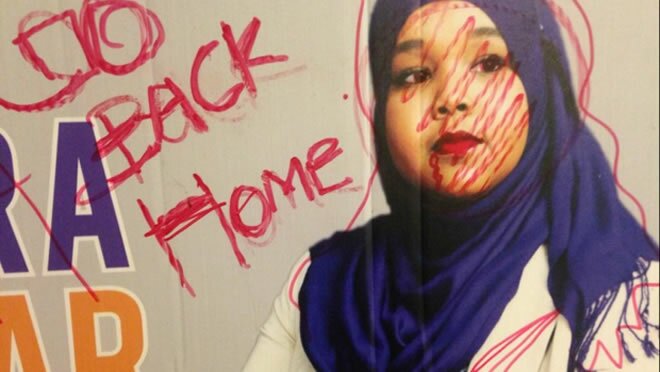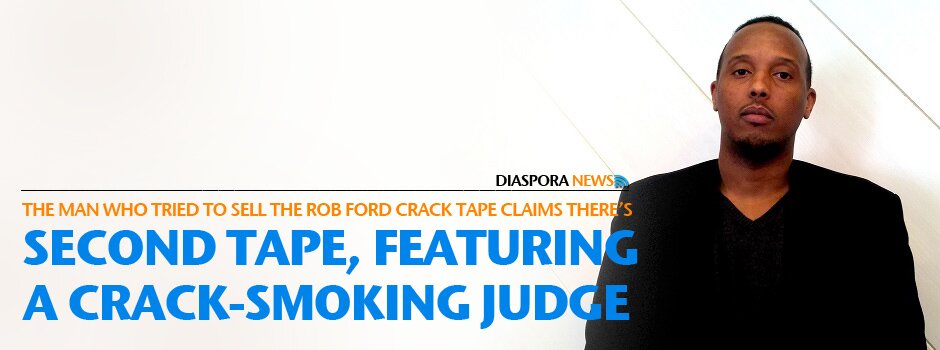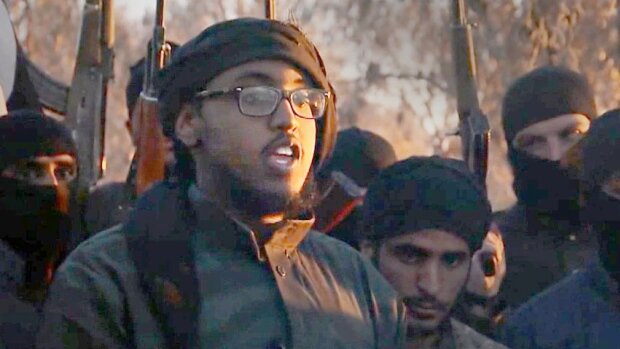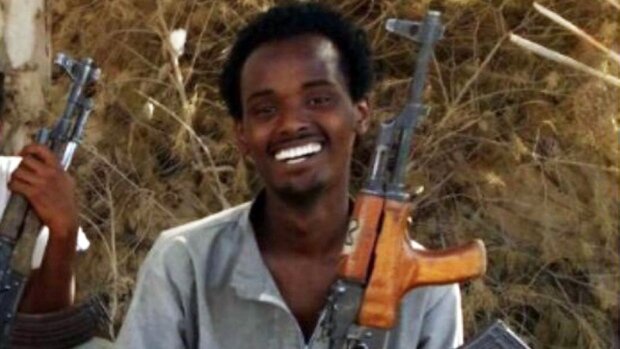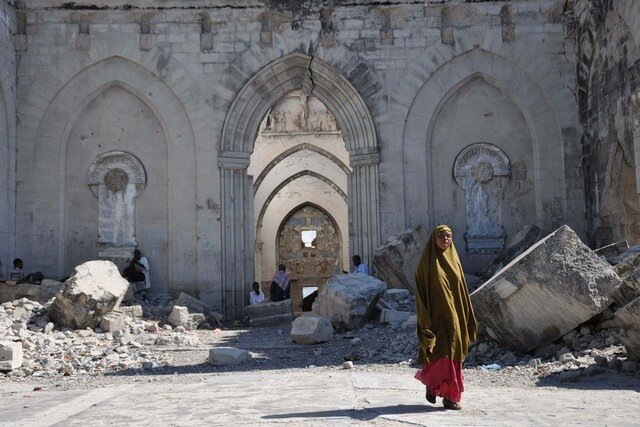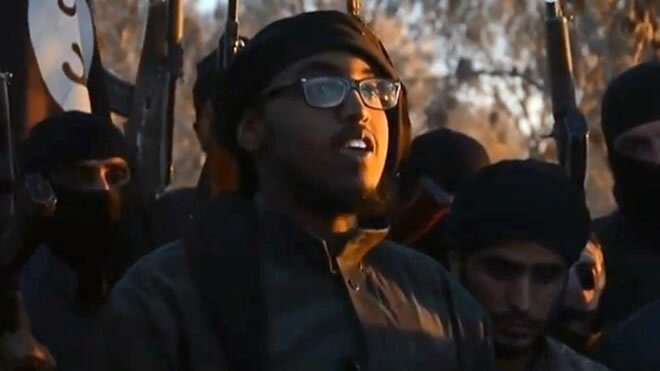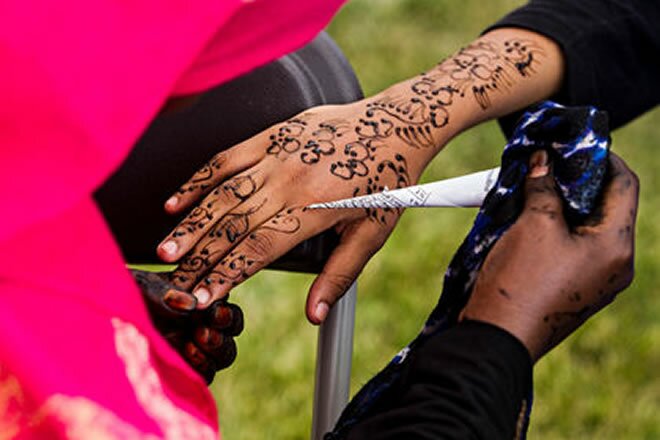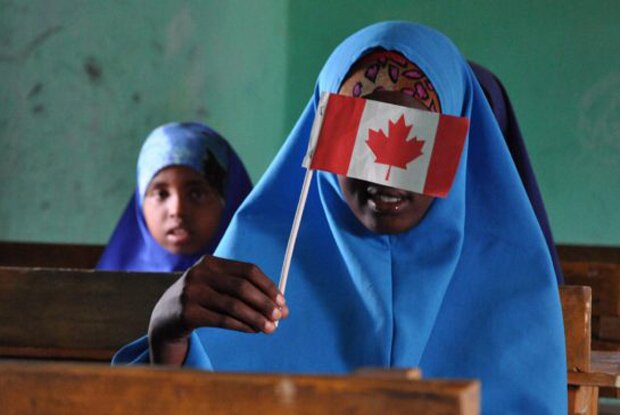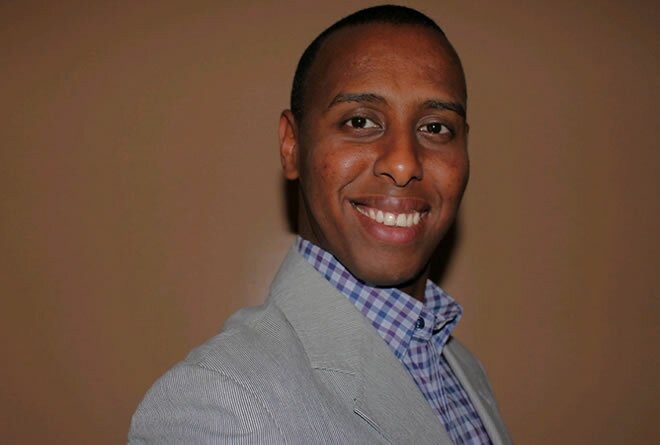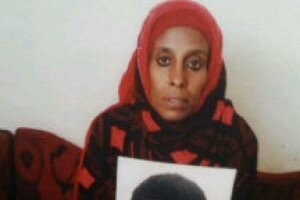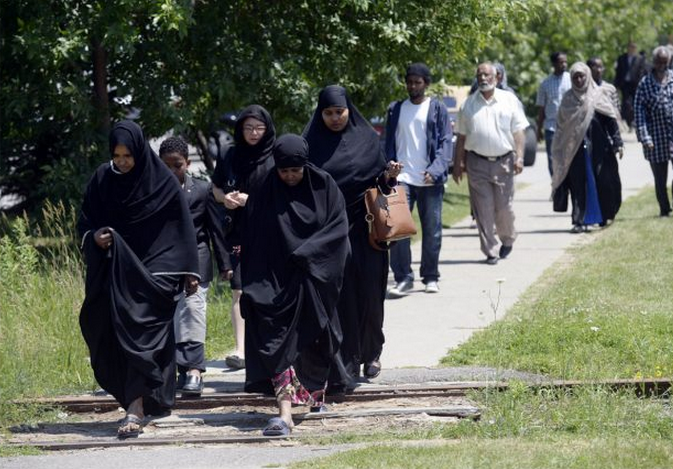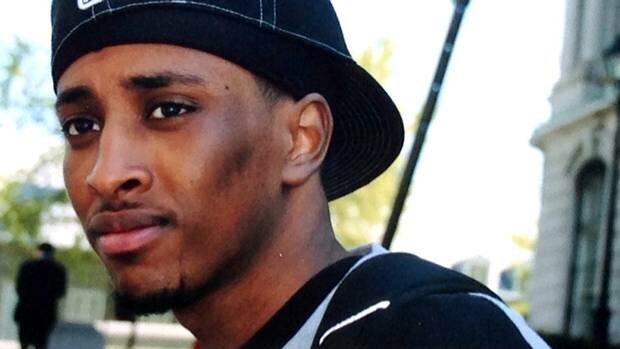Op Ed: Somalis still waiting for action
 The winter of 2008 was a sad time for the Canadian Somali community in Edmonton. Its members were reeling from the loss of so many young men to gun violence and they needed to articulate the pain associated with this sad development.
The winter of 2008 was a sad time for the Canadian Somali community in Edmonton. Its members were reeling from the loss of so many young men to gun violence and they needed to articulate the pain associated with this sad development.
I was invited to a community event held during this time that featured the Edmonton Police Service, government officials and members of the community. Little did I know that this meeting would mark the moment and venue when Edmonton Somalis decided to fully co-operate with the Edmonton Police Service and take ownership of the efforts to stem the deaths of young men in our community.
Upon my return to Alberta in the winter of 2009, the Edmonton Police Service officially confirmed at a press conference that the record of co-operation between the Edmonton Somali community and the police had not only improved, but had actually surpassed that of other communities. Despite this positive development, the shooting deaths continued unabated in 2009, culminating in the midday murder of 23-year-old Robleh Ali Mohamed in front of a restaurant.
The community looked to Mayor Stephen Mandel for support and expected him to come to the aid of a community that was doing its best to deal with this matter. The young men dying in Alberta were either born in Canada or came to this country at a very young age. They were mainly from Ontario and were adversely affected by the massive cuts to education and social programs carried out by the government of Conservative Premier Mike Harris in the 1990s.
What has caused the City of Edmonton and mainstream agencies serving our community to misread the Edmonton Somali community is the myth that it is a refugee community that is new to Canada. This has meant that we keep getting directed to immigrant settlement programs, when the actual need is for integration programs such as access to jobs and professions. We are not refugees who need to settle, but Canadians who want to integrate into the main-stream.
Now, we find ourselves looking back at 2011, a year that was grim for our community as well as Edmonton as a whole. Close to 10 per cent of the homicides in 2011 occurred in the Edmonton Somali community. A recent local news report indicated that the average rate in our community – one homicide for every 3,000 people – is seventeen times higher than the Alberta average of one in 50,000. This puts the homicide rate in the Edmonton Somali community higher than the national homicide rates in high-risk countries like Panama, Brazil and the Dominican Republic.
In 2011, the Edmonton Somali community did not sit around and complain about its situation. On the contrary, we formulated innovative and courageous anti-crime programs that were funded by the community. These included an anti-crime poster campaign, a youth-at-risk hotline, work on a proposed youth drop-in centre, workshops on the use of Crime Stoppers and submissions made to the provincial government on criminal justice matters.
In addition, the government of Alberta is currently working with the community to support an intervention program that assists us to sharply reduce the school dropout rate of young members of our community in a number of junior high schools in Edmonton and Calgary. Despite this stellar effort at self-help, we are still not seen by the City of Edmonton and the Edmonton Po-lice Service as real stakeholders in the effort to stem the killings in our community and solve the outstanding homicide cases.
This can be seen by the fact that the Edmonton Somali community was not consulted on the violence-reduction strategy launched by the Edmonton Police Service in conjunction with the City of Edmonton last August.
The strategy contained a commitment by the City of Edmonton to adjust its programs in order to better serve its so-called “multicultural communities.” Five months later, we have yet to see a serious articulation of how this is to be done. We fail to understand why the city cannot exercise leadership and simply implement the recommendation made in 2009 by former police chief Mike Boyd.
Boyd had publicly called for more dedicated resources to be spent on the hiring of homicide detectives in order to solve the outstanding homicide cases. Without this leadership and co-operation from the city, it is difficult for Edmonton Somalis – a mainly working-class community – to come up with the resources necessary to make a sustained turnaround in its fortunes when it comes to the continued loss of its young men to gun violence.
Some have said that, as with the Vietnamese community before it, the problem of gun murders among young Somalis will fade over time. This is a lazy and irresponsible attitude that undermines our collective will and interest in the creation of a strong and prosperous Edmonton.
The new year can be a much safer one for all of us if Edmonton Somalis are viewed as Canadians who are integral to the future safety, security and prosperity of Edmonton.
Ahmed Hussen is the national president of the Canadian Somali Congress and has worked in Alberta on criminal justice issues since 2008.
Comments
comments
 Calendar
Calendar






